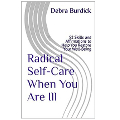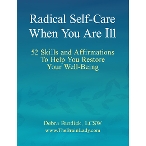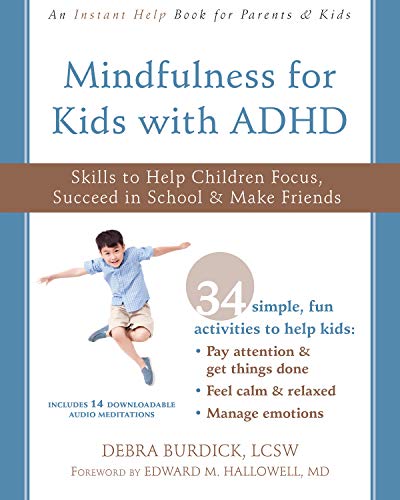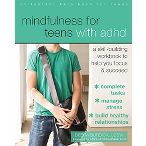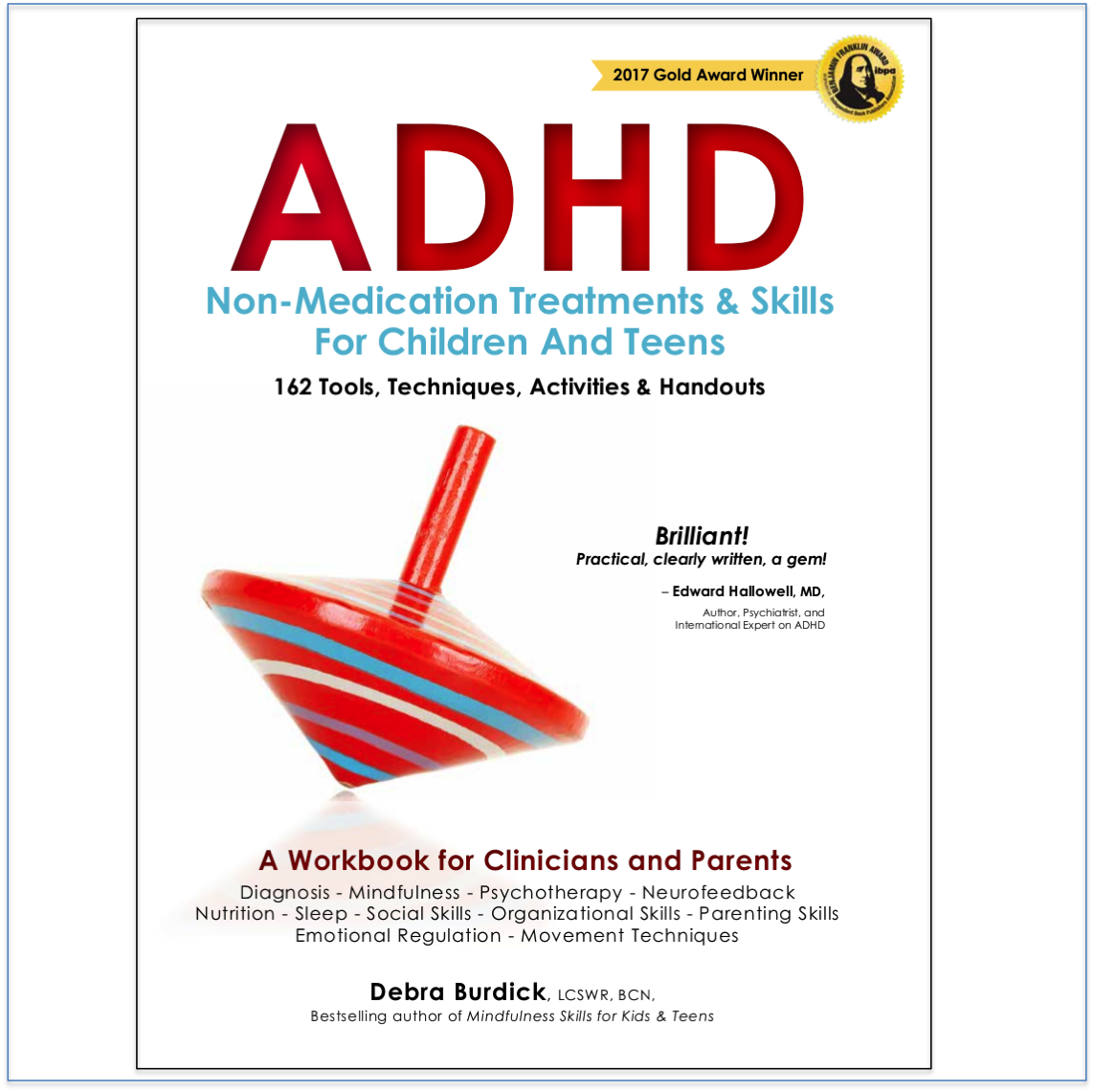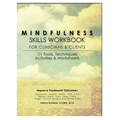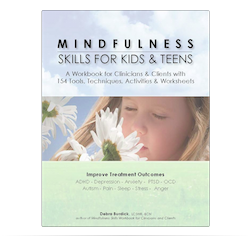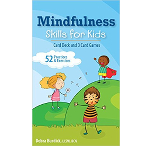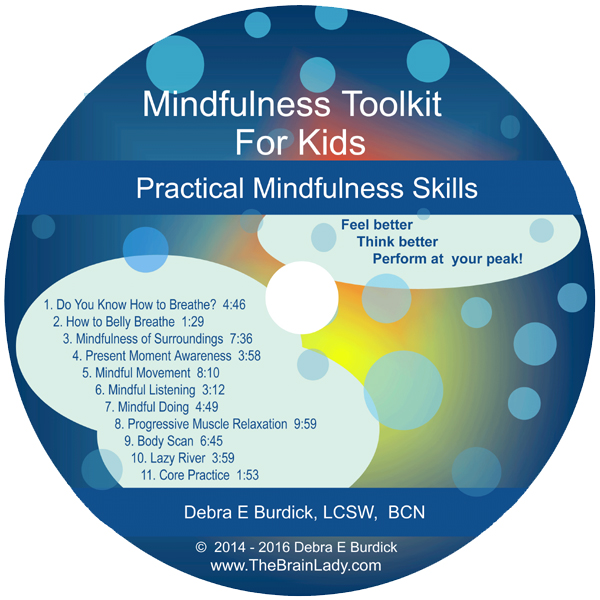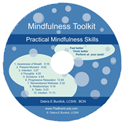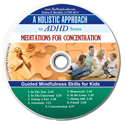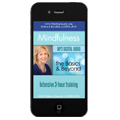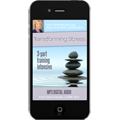Sleep
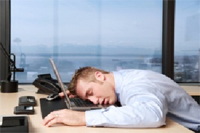 There are a number of sleep related disorders. Insomnia is one common sleep disorder and is defined as ‘Difficulty in initiating or maintaining sleep’. Insomnia may be associated with any of a number of mental disorders. It can also be a problem unto itself.
There are a number of sleep related disorders. Insomnia is one common sleep disorder and is defined as ‘Difficulty in initiating or maintaining sleep’. Insomnia may be associated with any of a number of mental disorders. It can also be a problem unto itself.
Diagnostic criteria for 307.42 Primary Insomnia
- The predominant complaint is difficulty initiating or maintaining sleep, or non-restorative sleep, for at least 1 month.
- The sleep disturbance (or associated daytime fatigue) causes clinically significant distress or impairment in social, occupational, or other important areas of functioning.
- The sleep disturbance does not occur exclusively during the course of Narcolepsy, Breathing-Related Sleep Disorder, Circadian Rhythm Sleep Disorder, or a Parasomnia.
- The disturbance does not occur exclusively during the course of another mental disorder (e.g., Major Depressive Disorder, Generalized Anxiety Disorder, a Delirium).
- The disturbance is not due to the direct physiological effects of a substance (e.g., a drug of abuse, a medication) or a general medical condition.
Reprinted with permission from the Diagnostic and statistical Manual of Mental Disorders, Fourth Edition, Text Revision. Copyright 2000 American Psychiatric Association.
TREATMENT
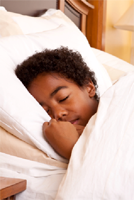 Sleep disorders improve with a regular pattern of good sleep hygiene, mindfulness skills, cognitive behavioral therapy, Neurofeedback, supplements, and physical exercise. Sleep medications can be used to re-regulate a dysregulated sleep cycle but should not generally be used long term.
Sleep disorders improve with a regular pattern of good sleep hygiene, mindfulness skills, cognitive behavioral therapy, Neurofeedback, supplements, and physical exercise. Sleep medications can be used to re-regulate a dysregulated sleep cycle but should not generally be used long term.
Neurofeedback has been shown to help with falling sleep. A study published in Sleep (2008), demonstrated that enhancement of Sensory Motor Rhythm (12-15 Hz) (SMR) with Instrumental Conditioning (Neurofeedback) improved sleep quality (indicated by decreased sleep onset latency) as well as declarative learning.
I worked with a teenage boy who had trouble falling sleep, rarely sleeping until 2 or 3 AM. Using Neurofeedback I was able to help him re-regulate his sleep cycle and he was able to fall asleep by 10PM on a regular basis.
Many of my clients have trouble either falling asleep, staying asleep or going back to sleep if they wake up during the night. I combine Cognitive Behavioral Therapy, Mindfulness, and Neurofeedback to help them improve their sleep hygiene and increase their ability to sleep well.
For more information and help with sleep for kids and adults with ADHD read ADHD and SLEEP: Children and Adults Sleep Better Tonight!
Caution: The information presented here is for your reference only and should not be used to diagnose or treat any condition. It is not intended to substitute for the advice of you or your child’s medical doctor or mental health professional.
PLEASE NOTE: As of December 31, 2014 Deb has retired from her private practice and is no longer accepting new clients so that she can concentrate on writing and teaching. The above is for historical/informational purposes only.

